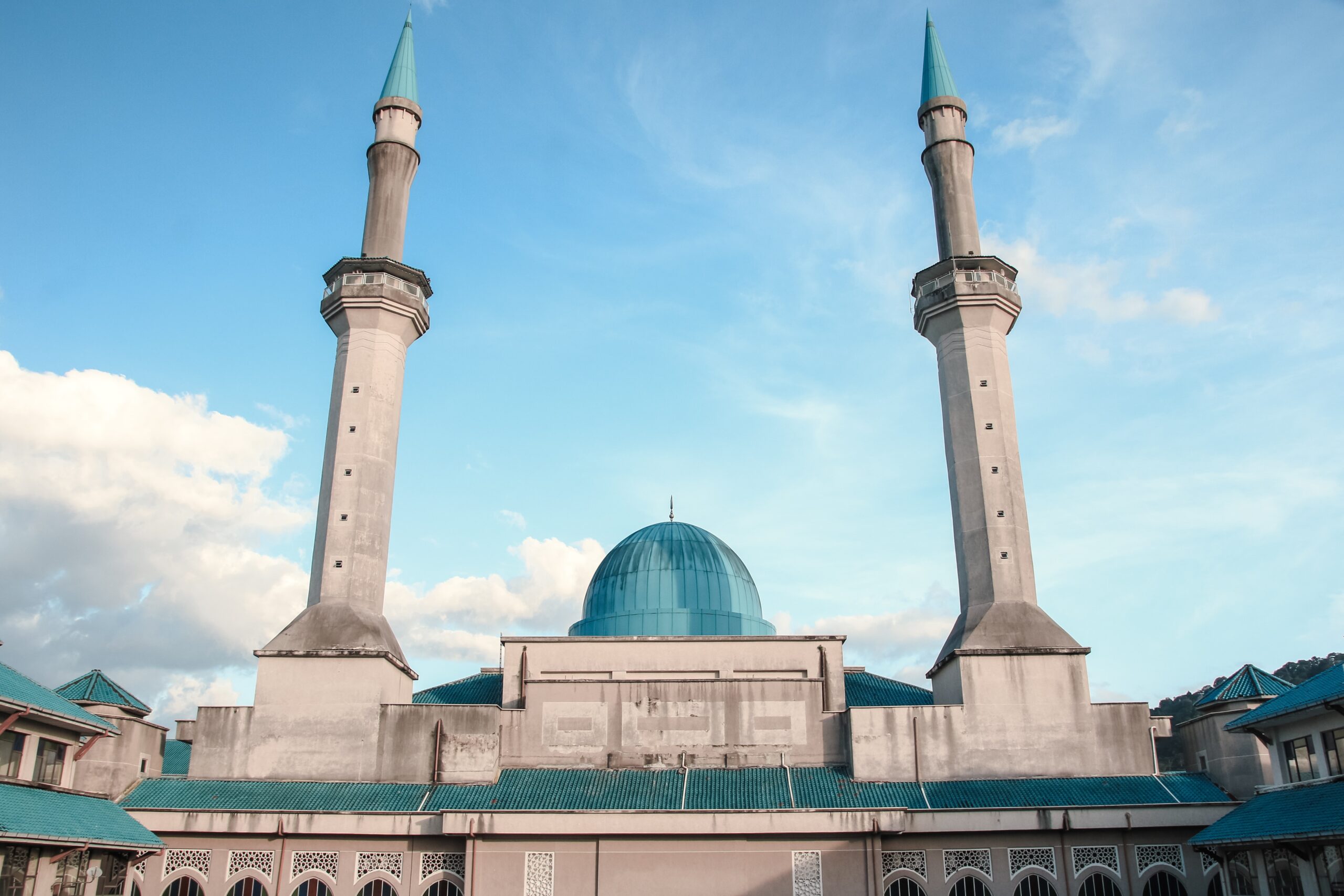
DUAI Fees
Tuition Fees
As funding is limited and the day to day running of the institute generates a huge financial liability, all male students in all departments – irrespective of whether or not they are accommodated at the premises of the institute – are financially liable for the following fees:
- A once off annual maintenance fee of R450 to aid in the maintenance of the physical structures of the institute.
- Monthly tuition and board & lodge fees of R4000 for the 12 months of the year. This amounts to R48,000 per annum.
The total yearly financial liability of all male students towards the institute therefore amounts to only R48,450 – excluding the cost of textbooks. Bursaries may be awarded to students who are unable to pay the entire amount. In general, however, all students are required to assume responsibility for at least one third of the total monthly fee, which currently amounts to R1333 per month for males. The institute will then, in conjunction with the student, apply for bursaries from organisations or parties to cover the remainder. The bursaries are subject to qualification and acceptance and, as such, the institute makes no guarantee to any students that bursaries will be provided for them.
Board & Lodge
Accommodation and meals are provided at the premises of the institute, the cost of which is included in the aforementioned tuition fees. Meals are provided three times a day as per the usual breakfast, lunch and supper system employed at other sister institutes. Accommodation is usually shared by other students and can amount to up to 10 students per room in large rooms. Beds, bedding [linen] and lockers are also provided. Students are however advised to bring along their own bedding if they have special requirements or just feel more comfortable in their own bedding.
In the event that the student wishes to find accommodation off-premises, the board & lodge fee will not be deducted and all resultant expenses are to the student’s liability. In addition, the institute accepts no responsibility or liability for students living off-premises and their safety and security is their own priority. Permission to live off-premises is only granted on condition of Sharīʿah compliant accommodation and living conditions. Periodic investigations may also be conducted to ensure that such students perform their religious duties such as regular attendance of local congregational prayers. Failure to comply with requirements can lead to the revocation of any such concessions.
Textbooks & Other Expenses
Financial obligations generated by personal needs as diverse as the cost of textbooks, stationery, toiletry and traveling expenses are to be assumed by the student and the institute assumes no responsibility whatsoever for its provision.
Emergency medical and other expenses generated during the fulfillment of essential needs will however be provided as per the discretion of the institute for which it will have to be reimbursed.
The cost of textbooks (for students in the Arabic and Islamic Studies Department) ranges from R1465–R4530 depending on the year of study:
| Year | Cost of Textbooks |
|---|---|
| Second Year | R1465 (View Book List) |
| Third Year | R4500 (View Book List) |
| Fourth Year | R1630 (View Book List) |
| Fifth Year | R4530 (View Book List) |
| Sixth Year | R3390 (View Book List) |
Summary
| Maintenance Fee | R450 |
| Tuition Fees | R48,000 |
| Textbooks | R1465–R4530 |
| TOTAL | R49,915–R52,980 |
Payment Options
The maintenance fee is to be paid immediately upon student registration. The annual tuition and board & lodge fees may be paid as follows:
- A once off payment of the full amount of R48,000 which should be settled before the end of March. Failure to pay the entire amount prior to the end of March will result in the payment plan converting to either the quarterly or monthly payment plan.
- Quarterly payments of R12,000 – to be paid before the end of the first month of the respective quarter [January, April, July, October].
- Monthly payments of R4000 – to be paid before the 7th of every month.
Sponsor a Student
We strongly believe that a student’s socio-economic background should not be an obstacle in their pursuit of ʿilm. With around 80% of our students being eligible for Zakāh, we rely mainly on Zakāh, Lillāh and Ṣadaqah to cover the running costs of our institutes.
